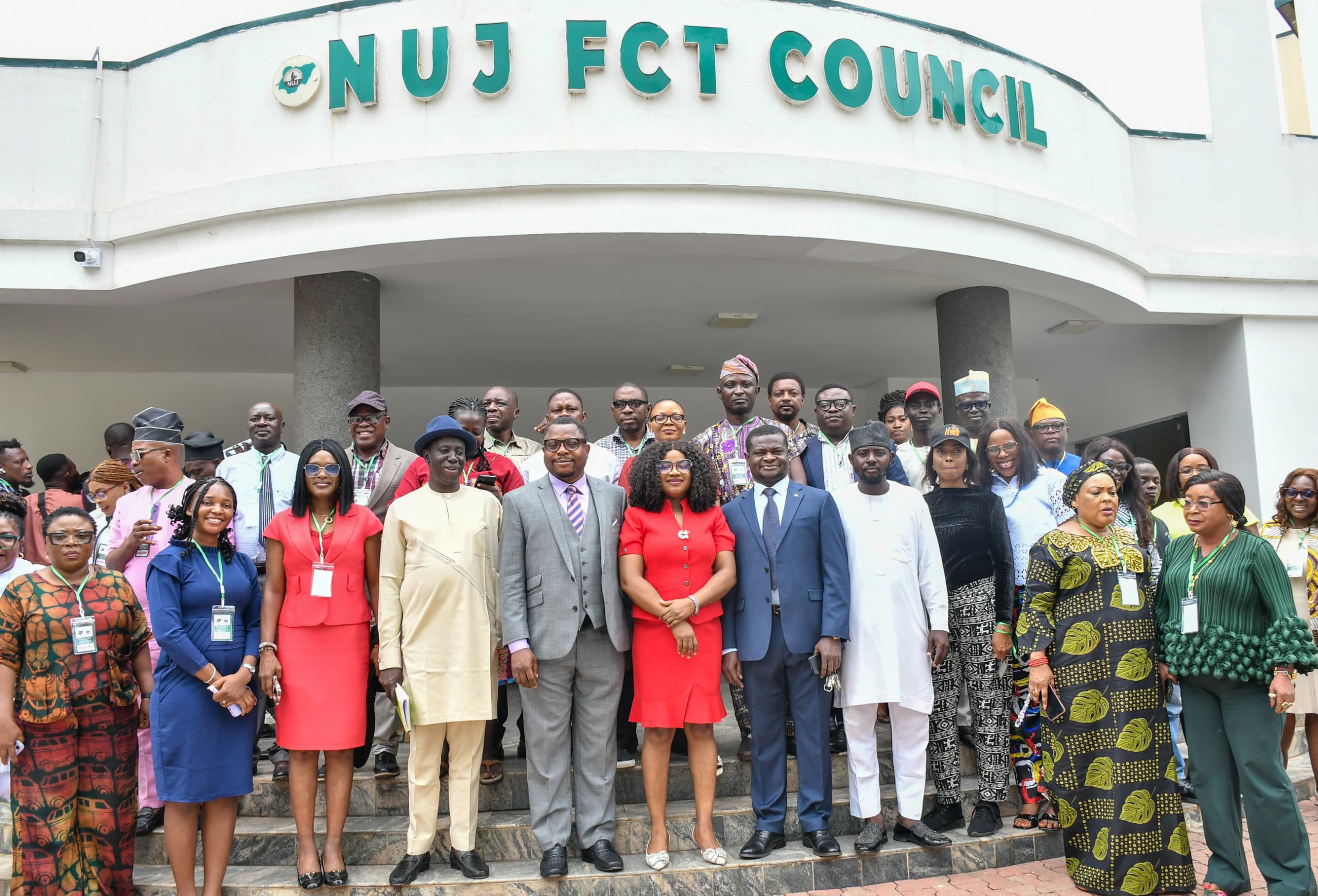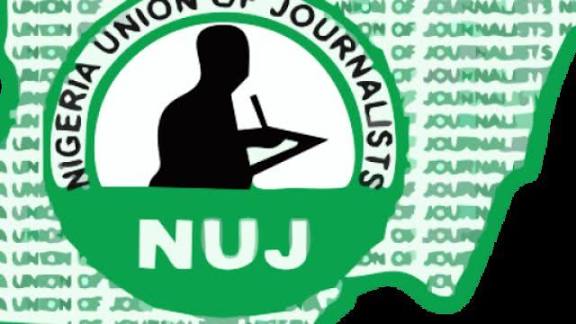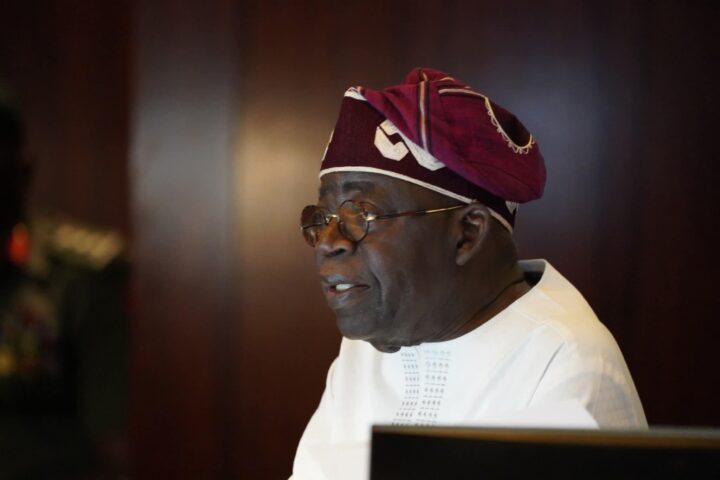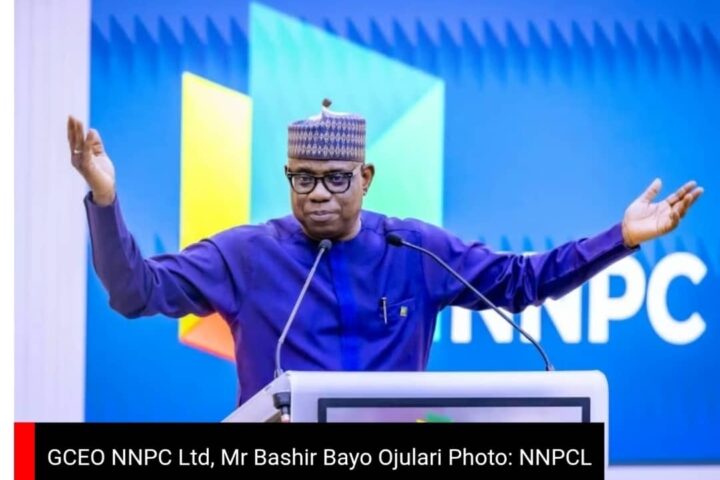Chevron Nigeria Limited, in collaboration with the Nigerian Union of Journalists (NUJ), Federal Capital Territory (FCT) Council, on Tuesday trained over 70 journalists on harnessing Artificial Intelligence (AI) to improve reporting accuracy, boost productivity, and combat misinformation.
At a one-day training workshop themed “Harnessing Artificial Intelligence in Journalism” held in Abuja, Chevron’s General Manager of Policy, Government and Public Affairs, Olusoga Oduselu—represented by Mr. Victor Anyaegbudike, emphasized the crucial role journalists play as agenda-setters and influencers of public opinion.
The workshop aimed at strengthening journalists’ capacity to leverage AI for more effective storytelling and informed public discourse, he said.
He noted that Chevron remains deeply committed to human capital development, recognizing it as the cornerstone of organizational and societal progress.
He affirmed Chevron’s longstanding partnership with the NUJ, recalling previous training sessions organized in 2023 and 2024 across Lagos, Delta, and the FCT, which were also designed to elevate journalists’ skills.
“As members of the Fourth Estate, your responsibility in shaping narratives and influencing national dialogue cannot be overstated,” he said.
“I commend your invaluable contribution to reporting the oil and gas sector and helping the public understand its complexities. We view capacity building as essential and have continued to support initiatives like this, alongside our Advanced Writing and Reporting Skills (AWARES) programme run in collaboration with the Pan Atlantic University, Lagos, through which over 120 journalists have been trained since 2014.”
He emphasized the mutual benefit of building media capacity, stating that societal growth and Chevron’s success are inherently linked. He encouraged journalists to reach out for clarifications when covering issues affecting the oil and gas industry to promote accurate reporting.
He added that Chevron supports Nigerian Content Development by employing Nigerians and awarding local contracts worth an estimated $1 billion annually.
INUJ FCT Council Chairperson, Comrade Grace Ike, in her address, implored journalists to embrace AI technologies to enhance their effectiveness and keep pace with global trends.
She commended Chevron Nigeria for its consistency in empowering journalists, describing the training as timely and vital.
“We are witnessing a transformational era in journalism. AI is no longer futuristic, it is now a game-changer in how news is gathered, verified, and distributed,” Ike said.
According to her, AI enables faster data analysis, helps detect misinformation, and facilitates deeper engagement with audiences. By customizing content delivery and improving workflow, such as automating transcription and fact-checking, AI tools are now indispensable to modern journalism.
“Let’s adopt innovation with responsibility,” she urged. “While AI presents enormous opportunities, we must continue to uphold journalistic integrity, courage, and commitment to truth.”
She emphasized that equipping journalists with such skills is crucial for the profession’s evolution and called on reporters to lead the transformation of journalism in Nigeria.
Speaking at the training, Busola Ajibola, Deputy Director at the Centre for Journalism Innovation and Development, says journalists who fail to adapt to AI risk becoming obsolete. She encouraged participants to actively explore new technologies to remain competitive and relevant.
Dr. Emman Usman Shehu, Director of the International Institute of Journalism (IIJ), whose lecture was delivered by veteran editor Dr. Simon Musa Reef, addressed the topic “Freedom of Information and Media Accountability.”
He emphasized the import of the Freedom of Information Act (FOIA) as a tool for holding public officials accountable. He referenced the landmark April 2025 Supreme Court ruling affirming the FOIA’s applicability across all tiers of government, including states.
Despite this progress, he noted persistent challenges such as low public awareness, bureaucratic resistance, and the continued misuse of the Official Secrets Act to obstruct transparency.
Dr. Lemmy Ughegbe, speaking on “The Mental Health of Journalists in the Social Media Era,” highlighted the dual-edged nature of social media, which offers both opportunities and risks.
He cited faster dissemination, direct audience engagement, and diverse storytelling as positives, but warned of dangers like cyber harassment, misinformation campaigns, state surveillance, and identity theft.
“Online attacks are not just technical, they are deeply personal and can inflict real psychological harm,” Ughegbe warned.



















